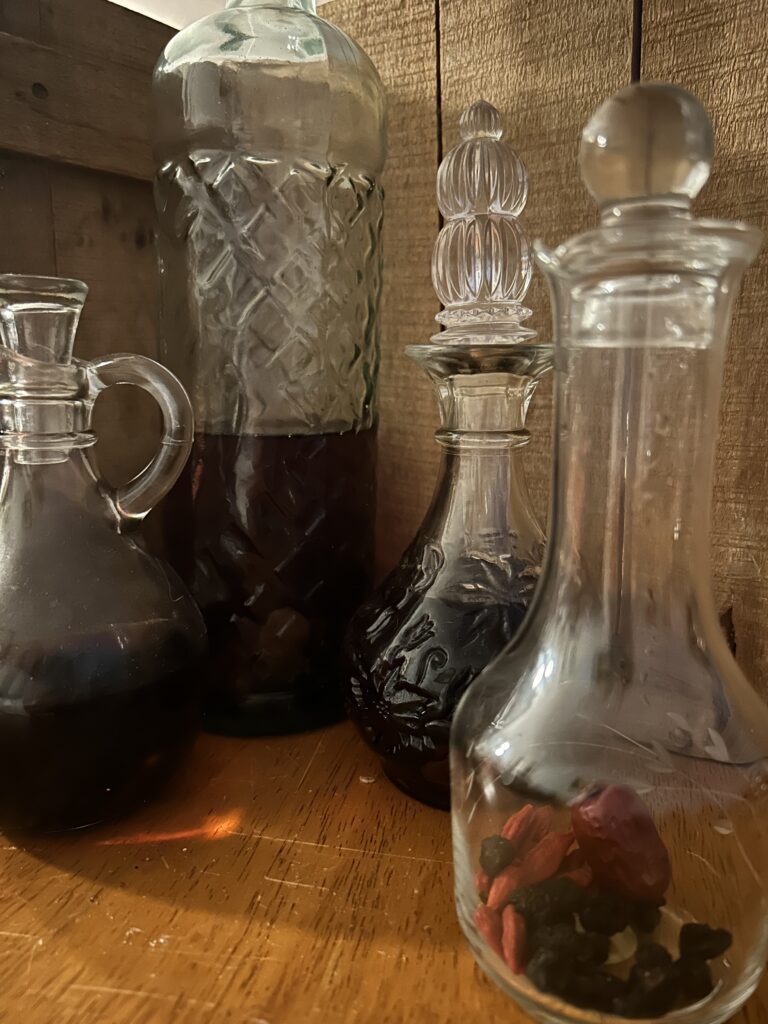Understanding Alcohol and Sleep
There’s a common misconception across the internet that all alcohol is bad for sleep and that drinking before bed is harmful. While it’s true that excessive alcohol can disturb sleep patterns, for over 8000 years alcohol was used for healing and especially sleep! Alcohol is made from various foundational ingredients, like potatoes, agave, hops, grains, and corn, each with different properties that have different effects on the body. Putting wine, beer, and liquor in the same category is like saying the health benefits of cheese, pudding, and corn are the same.
Hops, a key ingredient in beer, is known for promoting sleep, and historically, beer was used for healing all kinds of ailments along with being an antibiotic. Rather than indulging in drinking games like quarters or flip cup :), drinking beer with the intention of improving sleep, could actually help you rest better!
Vodka when consumed in moderation and combined with the right ingredients, can be more beneficial than harmful. It’s not just the alcohol itself that matters but what you put in your drink.
Vodka’s Origins in Healing and Sleep
Historically, vodka was not just seen as a recreational beverage but also as a medicinal tool. In the early days of vodka production, particularly in Eastern Europe and Russia, it was often used as a remedy for various ailments, including aiding sleep, relieving pain, and even treating wounds. Traditional recipes of infused vodkas often contained herbs, roots, and other natural ingredients to enhance these medicinal properties.
Why You Can’t Sleep
If you find yourself relying on something—whether it’s alcohol, supplements, or medication—to help you sleep, it’s essential to understand that these are temporary solutions that do not address the root cause of your sleeplessness. One of the most common issues for “thinkers” or people with active minds is that their brains are constantly processing thoughts. This can lead to waking up frequently, possibly every hour.
You may also experience strong, vivid dreams that wake you up. These dreams can trigger a rush of cortisol and activate your fight-or-flight response. While you manage this stress throughout the day with distractions, your body at night needs proper nutrition that specifically nourishes your sympathetic nervous system and adrenal glands.
Not sleeping due to pain can often be the result of muscle tension and sore fascia. When we toss and turn at night, trying to get comfortable, it’s usually because tight muscles, especially around areas like the hips, cause discomfort. If you press around the hip area, you may find tender or tight spots that are probably muscle knots. Laying on these knots for extended periods can create pain, disrupting sleep.
